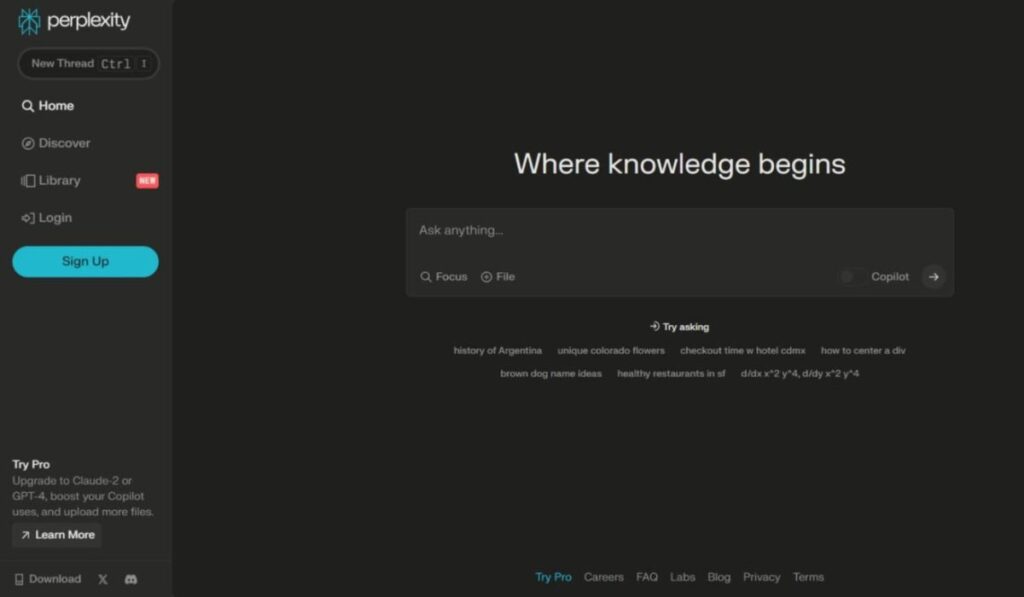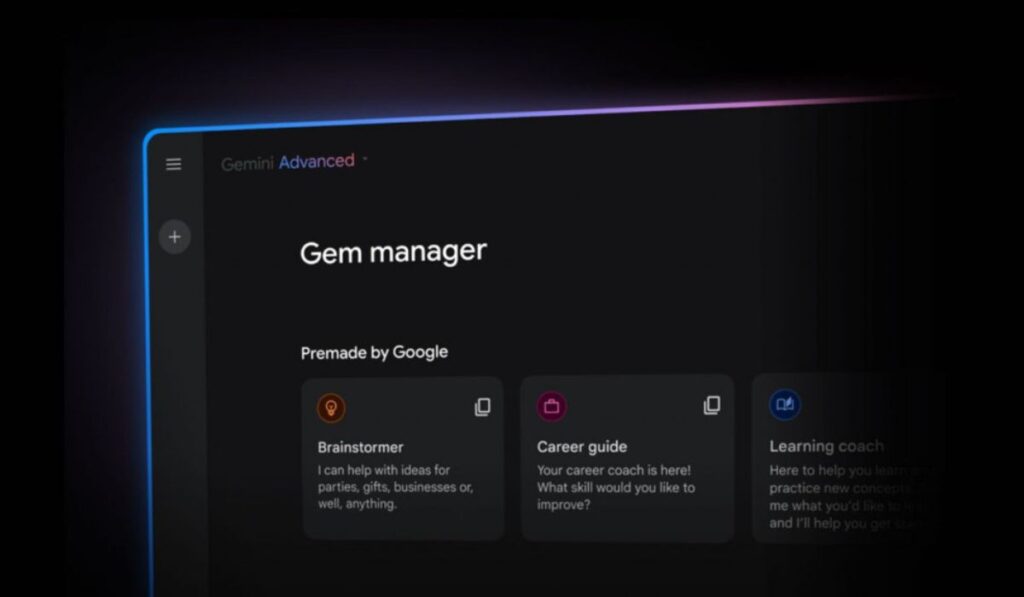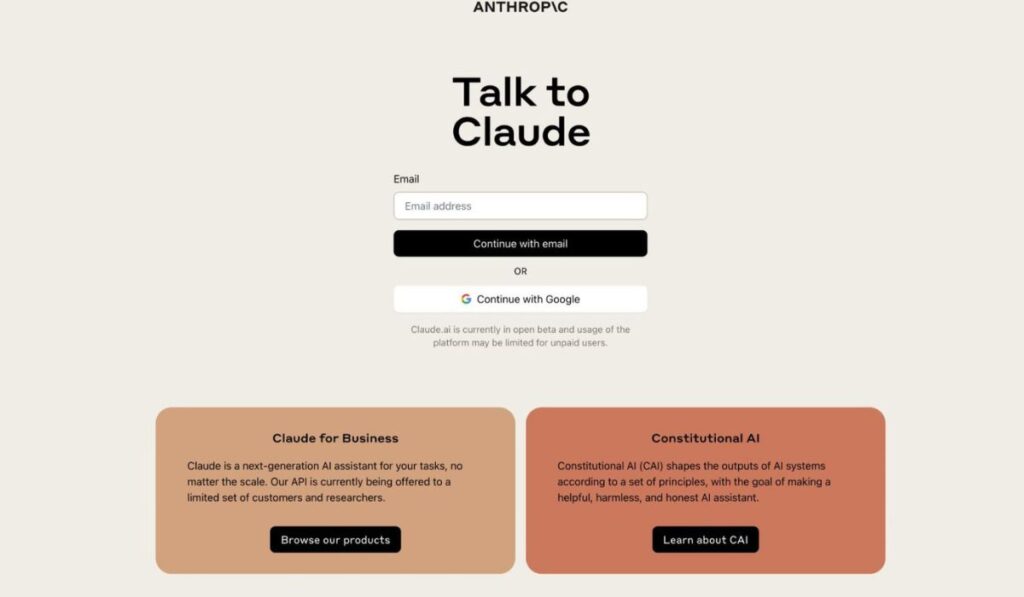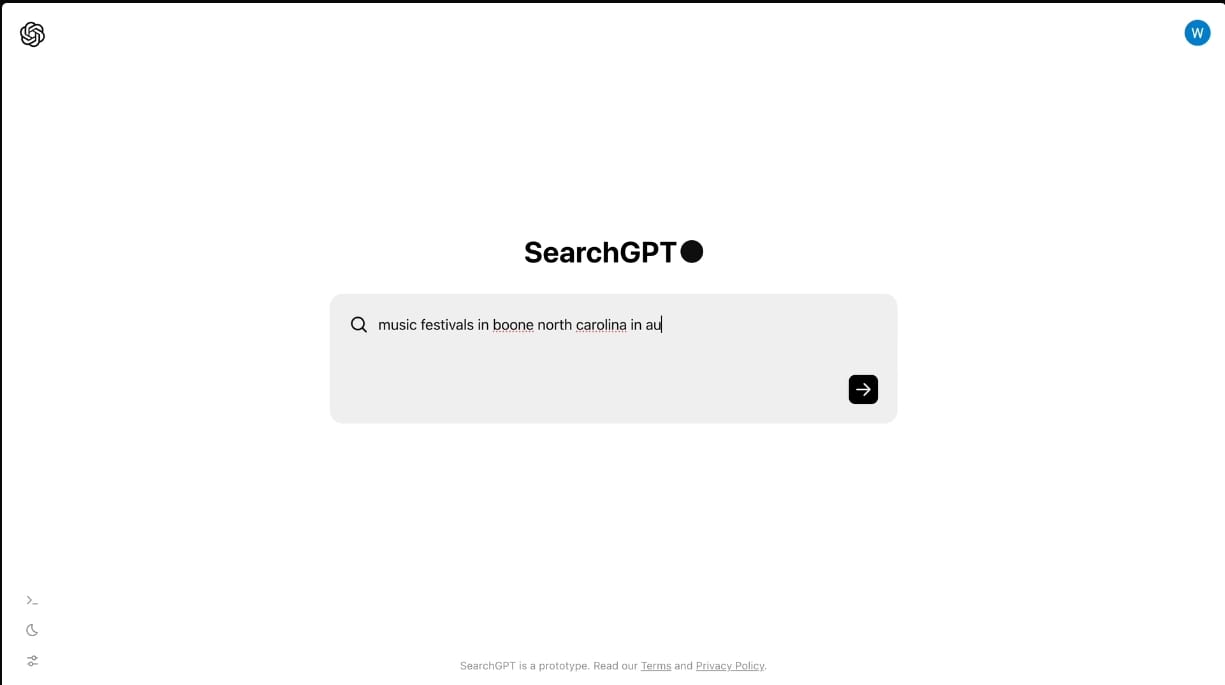The rise of AI search engines has sparked intense debate about their true impact on our online search experiences. Recent advancements, particularly OpenAI’s launch of ChatGPT Search, aim to redefine how users access information. While these AI-driven platforms promise more relevant results and streamlined information retrieval, critical questions remain: Are they genuinely enhancing our experience or merely complicating it?

The Evolution of Search
Traditional search engines primarily relied on keyword matching, which often led to irrelevant results if users didn’t phrase their queries perfectly. In contrast, AI search engines leverage advanced algorithms and natural language processing (NLP) to analyze user intent and semantics, thus enabling a more nuanced understanding of queries. This evolution is not just a technical upgrade; it signifies a shift in how we interact with information online.
AI’s Promises and Pitfalls
AI search engines present distinct advantages over their predecessors. They provide faster and more precise results, enabling users to access relevant information quickly. Continuous learning mechanisms allow these systems to adapt based on user interactions, improving accuracy over time. For instance, AI’s ability to handle complex queries has evolved, enabling direct answers and comprehensive summaries instead of mere lists of links. This is a game changer, especially for users seeking detailed insights.

However, these advancements come with challenges. Concerns about misinformation loom large, particularly in high-stakes contexts like elections and health information. Experts emphasize the need for stringent oversight to ensure that AI-generated content remains accurate and reliable. As highlighted by a media analyst, “The potential for these systems to serve as valuable resources is significant, but they must prioritize trustworthiness”.
Personalization and Privacy
AI search engines excel at personalization. By analyzing user behavior—like past searches and preferences—they tailor results to individual needs. For example, Google uses this technique to present location-based information, ensuring relevance. Moreover, many AI platforms offer ad-free experiences, fostering a sense of privacy and trust that traditional search engines often lack.
The User Experience
The user experience is enhanced through features like instant suggestions and predictive typing, which anticipate user needs and reduce search time. Yet, while these innovations promise to improve engagement, they also risk overwhelming users with choices. A simplified interface can help guide users, but maintaining balance in complexity remains critical.

The Competitive Landscape
As tech giants like Google and Microsoft integrate AI capabilities, the competition heats up. OpenAI’s ChatGPT Search represents a significant challenge to established players, aiming to set a new standard for AI in the search domain. This ongoing battle raises questions about who will emerge as the dominant force in AI-driven information retrieval.
In summary, AI search engines significantly enhance the online search experience by providing faster, more relevant results and personalized experiences. However, challenges such as misinformation and user overwhelm must be addressed. As we navigate this new landscape, the success of these platforms will depend on their ability to combine technological advancements with user trust and satisfaction. The future of online searching hangs in the balance, and it will be fascinating to see how these innovations unfold as we approach the next digital frontier.















